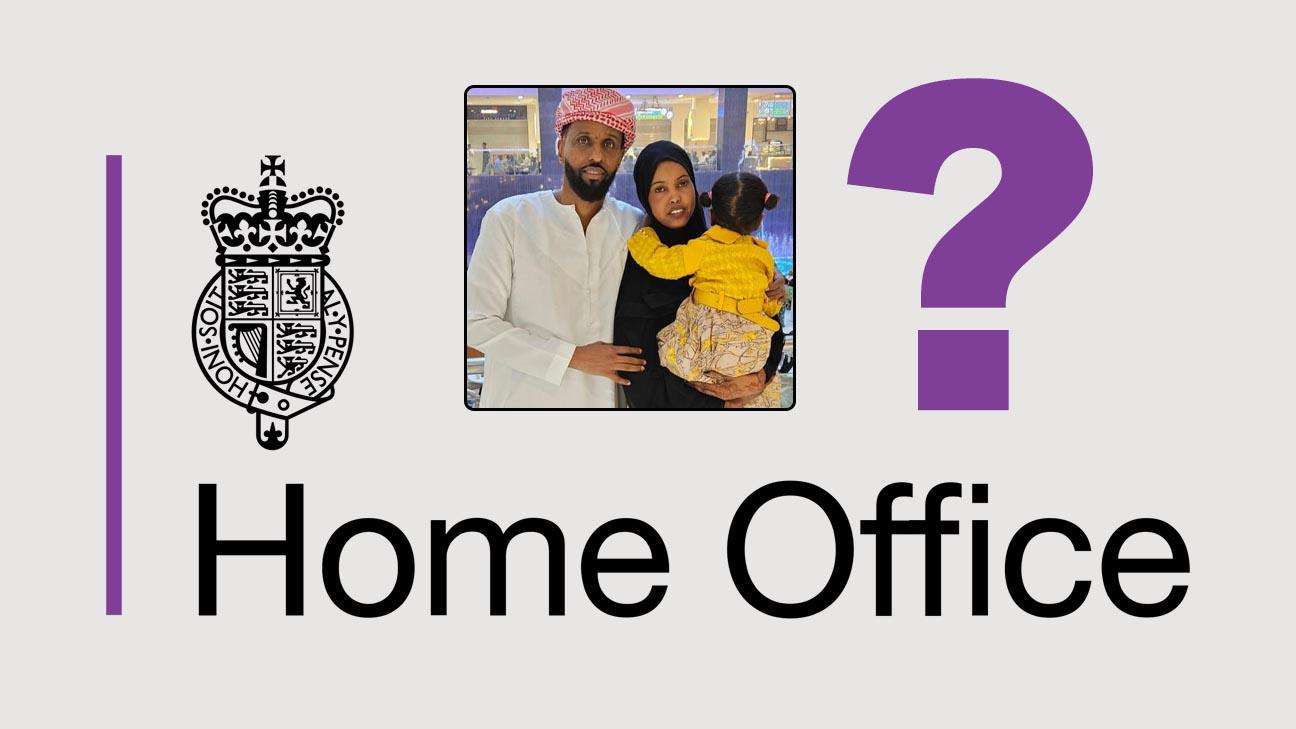
Third-country nationals can find very convenient summer jobs in the EU, whether they are staying there on a student visa or working visa.
The European Commission website explains that working rights and legal obligations for working while studying abroad mostly depend on whether the student’s country of origin is part of the EU.
A working permit allows a non-EU national to work in the EU, while self-employed people aren’t required to have a work permit to work in the region.
However, different rules can apply based on the candidate’s country of origin, as nationals of Türkiye, for example, can enjoy the same working conditions as EU nationals if they abide the following rules:
After one year’s legal employment, a Turkish citizen are allowed to renew their work permit at the same employer
After a three-year period, they are entitled to change employers or pick another employer in the same field of activity
After four years, Turkish citizens are granted full access to employment in that EU country
While these rules apply to Turkish citizens, nationals of other third countries, those that have an agreement with the EU especially, can enjoy the same working conditions as nationals of host country. Those countries include Algeria, Morocco, Tunisia, Russia, Albania, Montenegro, North Macedonia, Bosnia and Herzegovina, Kosovo, Serbia, Ukraine, Andorra, San Marino and 79 other countries in the African continent as well as the Caribbean and Pacific group of states.
On the other hand, nationals of countries with no agreement with the EU, are allowed to work in an EU country based on the nationals laws of that country. Those that have a family relationship with an EU citizen are exempt from the requirement for a work permit and have the right to equal treatment as a EU citizen.
A very important thing to keep in mind is that working in any EU country for more than six months or 183 days, makes one automatically tax-resident. This also means that international students working there will have to pay taxes and social security contributions in their study destination.
In addition, the host country could also tax income in a different country, such as applying for summer jobs that candidates might get in their country of origin. These incomes have to be declared to respective authorities and, in some cases, pay tax on it in the country where the candidate studies. Some EU countries have agreements to avoid double taxation, which in some cases determine the beneficiary country of a students’ taxes.
 Third-country nationals can find very convenient summer jobs in the EU, whether they are staying there on a student visa or working visa.
The European Commission website explains that working rights and legal obligations for working while studying abroad mostly depend on whether the student’s country of origin is part of the EU.
A working permit allows a non-EU national to work in the EU, while self-employed people aren’t required to have a work permit to work in the region.
However, different rules can apply based on the candidate’s country of origin, as nationals of Türkiye, for example, can enjoy the same working conditions as EU nationals if they abide the following rules:
After one year’s legal employment, a Turkish citizen are allowed to renew their work permit at the same employer
After a three-year period, they are entitled to change employers or pick another employer in the same field of activity
After four years, Turkish citizens are granted full access to employment in that EU country
While these rules apply to Turkish citizens, nationals of other third countries, those that have an agreement with the EU especially, can enjoy the same working conditions as nationals of host country. Those countries include Algeria, Morocco, Tunisia, Russia, Albania, Montenegro, North Macedonia, Bosnia and Herzegovina, Kosovo, Serbia, Ukraine, Andorra, San Marino and 79 other countries in the African continent as well as the Caribbean and Pacific group of states.
On the other hand, nationals of countries with no agreement with the EU, are allowed to work in an EU country based on the nationals laws of that country. Those that have a family relationship with an EU citizen are exempt from the requirement for a work permit and have the right to equal treatment as a EU citizen.
A very important thing to keep in mind is that working in any EU country for more than six months or 183 days, makes one automatically tax-resident. This also means that international students working there will have to pay taxes and social security contributions in their study destination.
In addition, the host country could also tax income in a different country, such as applying for summer jobs that candidates might get in their country of origin. These incomes have to be declared to respective authorities and, in some cases, pay tax on it in the country where the candidate studies. Some EU countries have agreements to avoid double taxation, which in some cases determine the beneficiary country of a students’ taxes.
Third-country nationals can find very convenient summer jobs in the EU, whether they are staying there on a student visa or working visa.
The European Commission website explains that working rights and legal obligations for working while studying abroad mostly depend on whether the student’s country of origin is part of the EU.
A working permit allows a non-EU national to work in the EU, while self-employed people aren’t required to have a work permit to work in the region.
However, different rules can apply based on the candidate’s country of origin, as nationals of Türkiye, for example, can enjoy the same working conditions as EU nationals if they abide the following rules:
After one year’s legal employment, a Turkish citizen are allowed to renew their work permit at the same employer
After a three-year period, they are entitled to change employers or pick another employer in the same field of activity
After four years, Turkish citizens are granted full access to employment in that EU country
While these rules apply to Turkish citizens, nationals of other third countries, those that have an agreement with the EU especially, can enjoy the same working conditions as nationals of host country. Those countries include Algeria, Morocco, Tunisia, Russia, Albania, Montenegro, North Macedonia, Bosnia and Herzegovina, Kosovo, Serbia, Ukraine, Andorra, San Marino and 79 other countries in the African continent as well as the Caribbean and Pacific group of states.
On the other hand, nationals of countries with no agreement with the EU, are allowed to work in an EU country based on the nationals laws of that country. Those that have a family relationship with an EU citizen are exempt from the requirement for a work permit and have the right to equal treatment as a EU citizen.
A very important thing to keep in mind is that working in any EU country for more than six months or 183 days, makes one automatically tax-resident. This also means that international students working there will have to pay taxes and social security contributions in their study destination.
In addition, the host country could also tax income in a different country, such as applying for summer jobs that candidates might get in their country of origin. These incomes have to be declared to respective authorities and, in some cases, pay tax on it in the country where the candidate studies. Some EU countries have agreements to avoid double taxation, which in some cases determine the beneficiary country of a students’ taxes.







.svg)

